We normally think of disagreement or dissent as something to avoid. It makes us uncomfortable, which makes it particularly interesting that in an era of instant connection, we have used our social media largely to disagree and disconnect. Well, that’s not entirely true, in our disagreement and disconnection we find our tribe. Our tribes, however, aren’t really about connecting with people with whom we find commonality, but rather, connecting with people whose commonality is simply the same enemy. The same disagreements.
In this uber-tribal moment, we seek disagreement to find connection. A connection, based on such a fragile foundation, easily crumbles. When we connect on such narrow parameters instead of authentic engagement, the relationship cannot withstand the turbulence of viewpoint diversity. And as our relationships fray, so does the fabric of our democracy that was founded, in part, on disagreement and dissent.
In this atmosphere, so many of us have come to normalize competitive debate as a way to communicate. When a disagreement turns into a debate, something happens neurologically. In a debate there are winners and losers and most of us are hard-wired to win. Our primitive brains often see competition or challenges as a life-or-death struggle. It has not evolved to navigate our modern technology where a challenge or disagreement is a 280-character comment in the Twittersphere. The primitive, or ego-brain, is biologically wired to see all challenge as a saber-toothed tiger. Fight, flight, or freeze.
Our ego-brains are on hyper-drive, resulting in a Culture of Cacophony. When conversations constantly devolve into debates, we miss important opportunities. We know that innovation is often the product of viewpoint diversity and even disagreement, but we have forgotten that our “enemy” is more than the debate. And so, we label them, box them up and put them aside, never to have the opportunity to stretch and grow through authentic engagement and discourse.
In a Culture of Disagreement, discourse doesn’t mean capitulation. It may be uncomfortable, but when we seek discourse not to win, but to listen and learn, we soothe our primitive brains. We can evolve beyond false binaries and artificial polarization to address truly life-or-death global crises. Crises that have festered as we’ve been absorbed in a decade of delusionary debate and caricatured competitors.
In the Hold my Drink — navigating culture with a chaser of civility, and Counterweight podcast, Episode 63, we speak with Emmett Gardner, the President of Students Unite. Students Unite founded with the help of the Foundation for Individual Rights in Education (FIRE) and Parents Unite, promotes a Culture of Disagreement, and seeks to normalize dissent. Part of normalizing disagreement and dissent is turning debate into discourse, as Emmett did in his high school. Stripping the negative connotation of disagreement and dissent to promote a healthy culture of democracy and the marketplace of ideas. All discussed with a chaser of civility, of course, and spiked cherry limeade.
Hold my Drink welcomes all people with all kinds of beverages to join us as we explore the truths of a chaotic and beautiful world, together.
Find us on Apple Podcasts and Spotify, or watch the conversation unfold on YouTube, and follow us on Facebook, Twitter and Instagram.
What Emmett is reading
The Coddling of the American Mind, Jonathan Haidt and Greg Lukianoff
Undoctrinate, Bonnie Snyder
On Liberty, John Stuart Mill
What Jen is reading
The Doublethinkers, Tablet Magazine, Natan Sharansky with Gil Troy
The Turn, Tablet Magazine, Liel Leibovitz
And listening to…
Don’t Label Me: A Conversation on Diversity, Humanity, and the Workplace, Modern Mentor Podcast with Irshad Manji
Emmett Gardner launched Students Unite with the help of the Foundation for Individual Rights in Education (FIRE) and Parents Unite after a long career dealing with the pervasive effects of bias in his own school. He got started helping FIRE K-12 after he transformed his high school's Debate Club into a Discourse Club, aiming to increase civic awareness absent of the competitiveness and often homogenous nature of traditional debate. After working with FIRE, he sought to create a platform in which students across the country can make connections, access resources, and make effective change in their schools.
Students Unite: https://www.parentsunite.org/students-unite
FIRE K-12: https://www.thefire.org/resources/high-school-network/




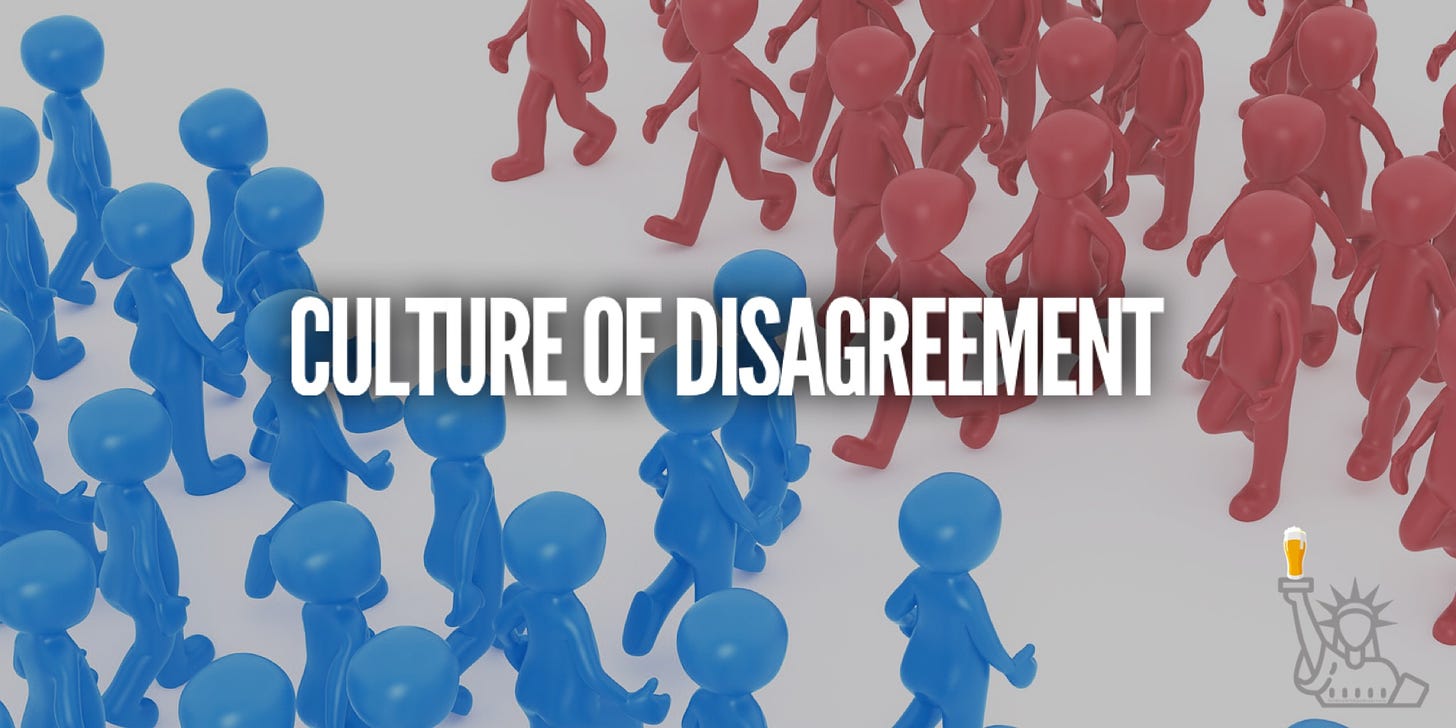
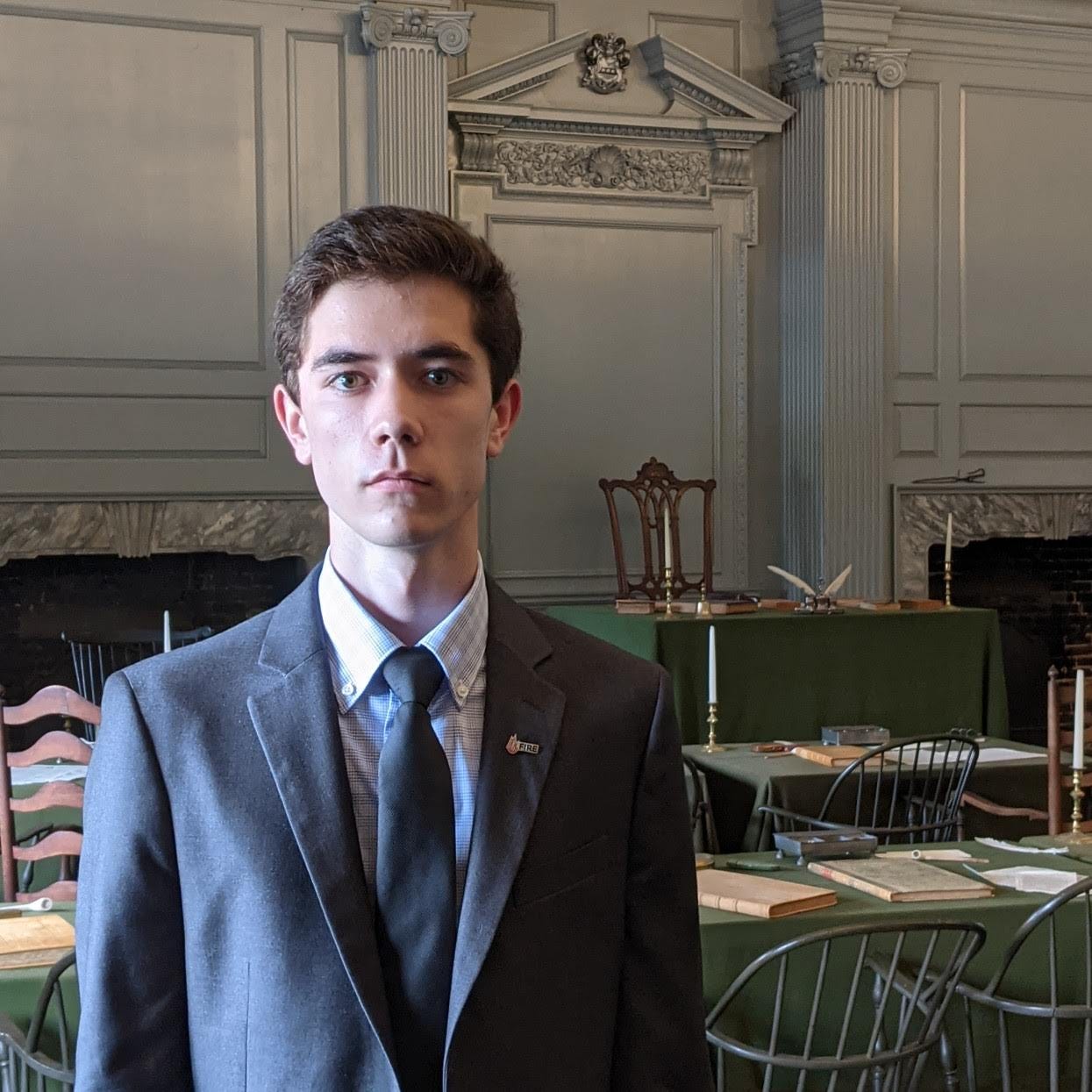





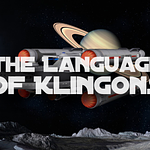
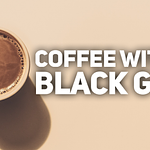
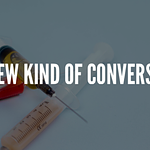
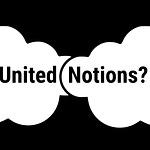
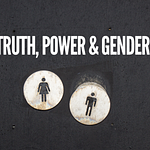
Ep. 63: Culture of Disagreement | Emmett Gardner